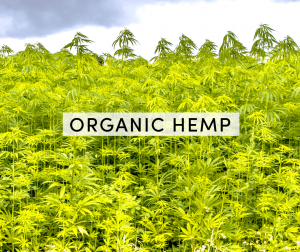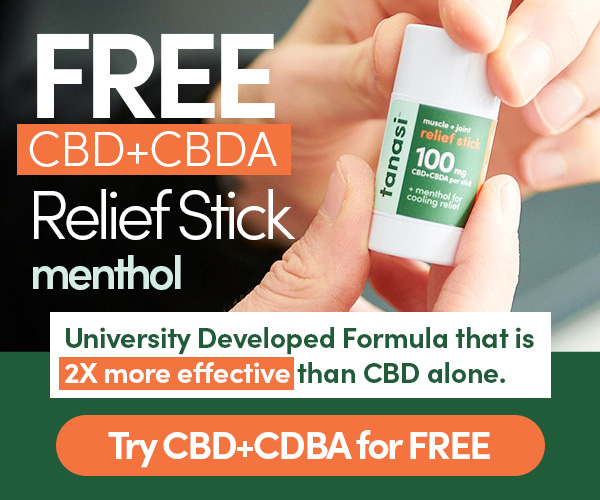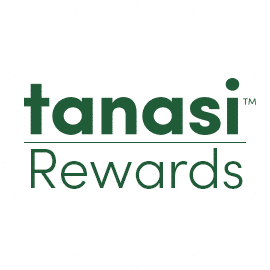We Get our CBDA in the USA. Here’s Why That Matters
Posted on February 10th, 2023
Here at Tanasi, all our hemp-extracted products include a patent-pending blend of cannabidiol (CBD) and cannabidiolic-acid (CBDA). Thanks to years of University sponsored and ongoing company research, which you can learn more about here, we know that this combination is more than 2X more effective than CBD alone.
But we’ve also learned that the CBD and CBDA sources that we choose can impact our customer’s experience. Hemp is grown all over the world, and industrial uses are not the same as consumer use. As an example, hemp hurd used for hempcrete (a natural insulation material) requires the hurd found in the stalk of the plant. This industrial plant can be grown in large numbers around the world in many regions and isn’t the same as quality plants grown with organic focus or indoors. Why does it matter where or how your hemp is grown? Keep reading to find out.
An Exploding Market 
Since the US government legalized hemp growth, use and sales in 2018, American consumption has dramatically increased demand. In turn, growers from around the world—including China—started acting as suppliers for the U.S market. But international growing regulations are very different than the ones in the U.S. And that’s why it’s important to know where your hemp comes from before trying a hemp extracted cannabinoid product.
You see, in the United States, it’s only legal for farmers to grow hemp with THC concentrations below the 0.3% threshold. Outside of the country, where regulations vary widely, there’s no guarantee that growers will follow those guidelines. As such, you could end up with a product containing THC concentrations above the legal limit in the United States. At that point, you could end up in legal trouble.
Also, within the U.S., products can only receive organic certification if they meet certain strict standards. But outside of the U.S., there’s no telling what it means when growers say they’ve produced organic hemp. That matters a lot when it comes to CBD products, mostly because of the nature of the hemp plant itself. You should get to know the company that you purchase your hemp extracted cannabinoids from.
What Makes U.S. Grown Hemp Organic? 
To grow organic hemp, farmers can’t use man-made fertilizers, pesticides, fungicides, genetically modified seeds, or growth regulators. Instead, these farmers use the old-fashioned crop rotation technique. This usually leads to lower crop yields when compared to somebody who doesn’t farm organically. Which is why, when it comes to earning a livelihood on large crops, you can understand why many farmers choose the non-organic option.
You may think that avoiding pesticides is the only thing necessary to call a crop organic. But there are many more steps to the process. Organic hemp needs to meet a range of FDA criteria. Otherwise, plants can’t receive organic certification. For instance, hemp always needs to be grown in clean, healthy soil that’s free from heavy metals and toxins. This is essential for hemp growth, since the plant can absorb toxins and metals from the soil.
Why Choosing Organic-Hemp-Sourced CBDA Matters
Here are several ways that sourcing our CBDA from organic hemp may offer better outcomes.
– Field quality. Typically, farmers spray non-organic crops with lots of chemical pesticides. Although this helps to keep most bugs away so plants can thrive, they also destroy other natural soil compounds. Because of this, the soil loses its natural fertilizer, and farmers apply chemical fertilizers. This is generally not ideal for the hemp plant, as well as any future extracts.
– Pollinators. Non-organic pesticides don’t distinguish between good and bad insects. With synthetic pesticides, only the plant remains alive. For this reason, many pollinators (a vital component of our delicate ecosystems) are killed.
– Fewer chemicals in oceans. You might already know that everything that we utilize in the soil ends up in the oceans. Fertilizers and pesticides that enter the oceans might harm biodiversity and probably lead to unusual microbial growth.
– Lastly, and most importantly, we need to take our own health into consideration. You do not want toxins, metals, and chemicals from fertilizers and pesticides in your body. And that’s where they end up if they make it from the hemp plant into any product.
Problem with Non-Organic Hemp Sources
It might sound like this debate on organic vs. non-organic is comparable to our food industry. Nonetheless, a non-organic food doesn’t often contain as many toxins and chemicals as non-organic hemp can.
Why is that the case? As we mentioned earlier, hemp plants absorb metals and toxins from the soil where they grow. That means that if the soil surrounding the plant is rich in chemicals or pesticides, those additives can show up in future plant extracts. As a result, this will harm both your health and the plant’s surrounding environment.
Pesticide Free, Organic Hemp, Grown in Colorado
By choosing a USA-grown, organic hemp product, you can feel confident that the CBDA in Tanasi’s products meets federal standards. That’s especially true because hemp grown in gets tested for potency, heavy metals, residual solvents, microbials, pesticides, and mycotoxins. Organic hemp can be expensive and hard to come by if the hemp does not meet the organic farmer’s requirements. Hemp grown indoors does not have to be organic either. Most indoor hemp is perfect for Tanasi needs as well. When it is organic its great, but it does not have to be organic to meet Tanasi standards.
Imported hemp is just not the same as hemp grown in the U.S. in most instances. As a result, if you’re unsure of a product’s hemp source, you could be purchasing something that’s lower in quality or concentration. These extracts could certainly grow inorganically, which means they could be doused with insecticides and other harmful chemicals. Now, just because hemp comes from the U.S. doesn’t automatically mean that you’re getting the best possible product. Along with knowing the source of your plant, you also have to look for other important factors. Team Tanasi does everything it can to ensure the hemp used for cannabinoid extraction meets our standards and those of our suppliers.
Signs of a Quality Hemp Extract
Transparency is crucial when buying hemp extracted cannabinoid extracts. Manufactures should make it easy to explore product potency and processing standards. And that’s why you should only purchase extracts that come with a third-party certificate of analysis (COA) like the ones included with every Tanasi product sold in our online store. If a manufacturer doesn’t offer easy access to a COA, that’s probably a reason to shop elsewhere. Tanasi products have QR codes on the product box, and the product label that link directly to the COA for your verification.
Furthermore, quality manufacturers shouldn’t expect you to take a leap of faith when you’re jumping into the CBD world. Here at Tanasi, we know that supplementing hemp extracts is new to many of us. And we also know that it can take some time to find your perfect form of CBD that works best for you. The Tanasi formula of CBD+CBDA 1:1 has been researched, and verified and the details of why this formula is the best version of CBD is listed here.
So, how do we lower the risk of trying a new product? For each one of our products, Tanasi proudly offers a 30-day, no questions satisfaction guarantee. We encourage you to reach out to us with any questions you may have, or to share your experiences with our community to help others make informed decisions!

Related Posts
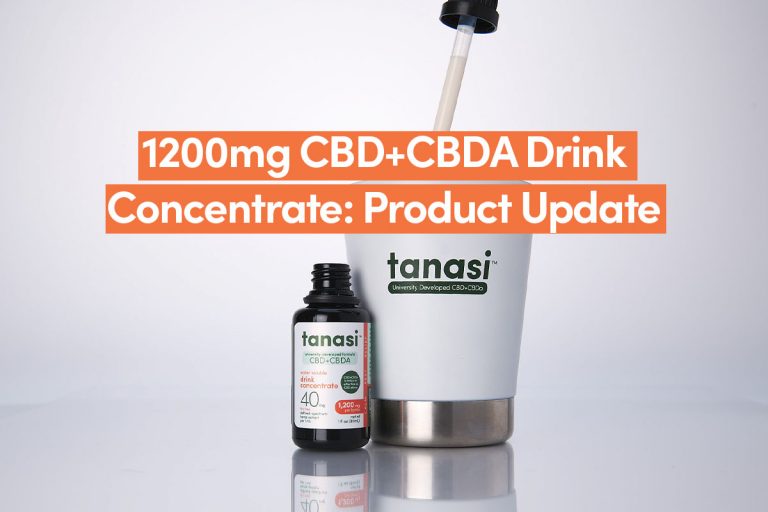
May 21 2024
Tanasi 1200mg CBD+CBDA Drink Concentrate Restock
Read More →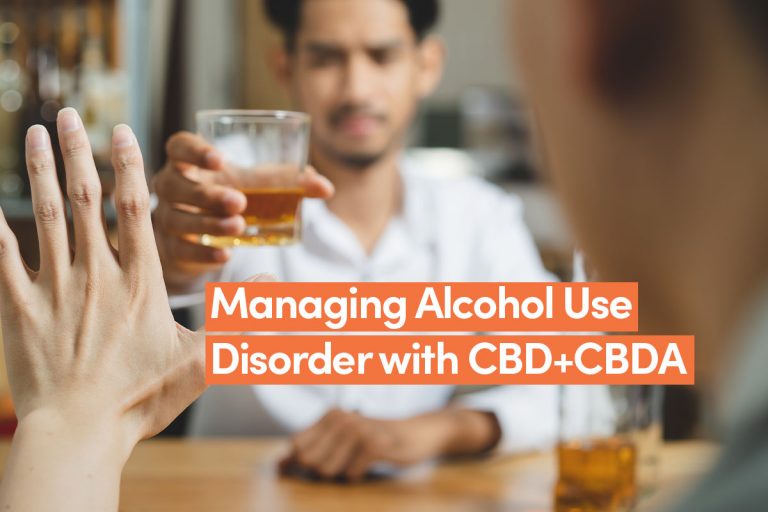
Mar 27 2024
Managing Alcohol Use Disorder with CBD+CBDA
Read More →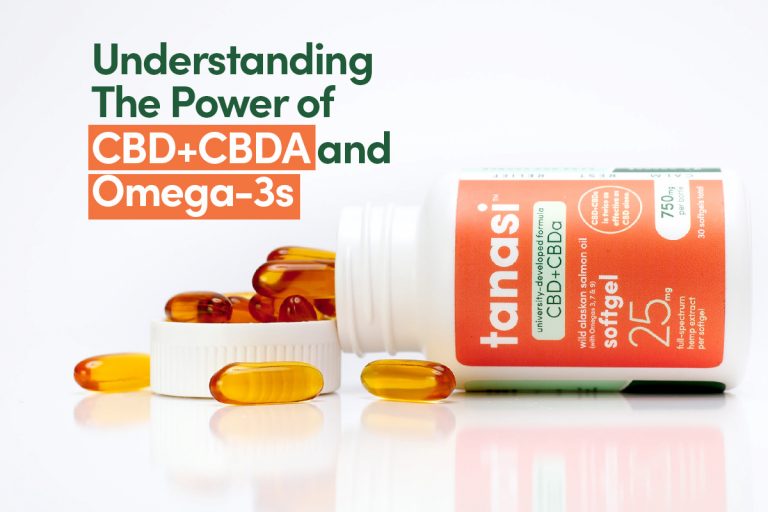
Jan 17 2024
Immune System Regulation: The Power of CBD+CBDA 1:1 formula and Omega-3 Fatty Acids
Read More →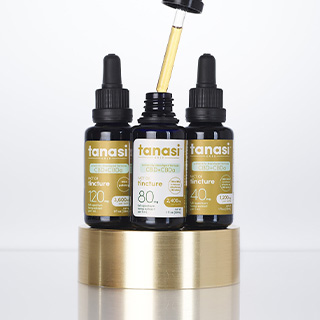
Nov 9 2023

